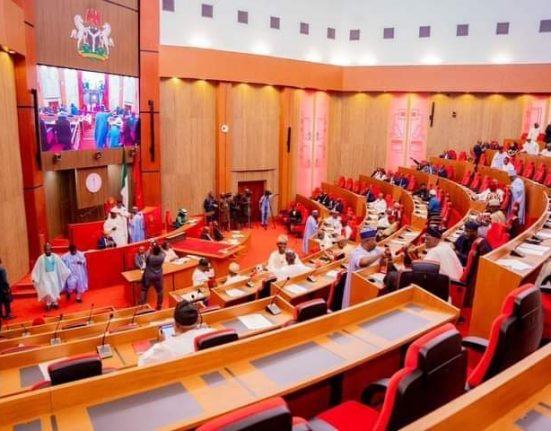Former Kaduna State Governor, Nasir El-Rufai, has urged former Anambra governor, Peter Obi, and ex-Rivers governor, Rotimi Amaechi, to drop their promises of serving only one term if elected president. Speaking on Channels Television’s Sunday Politics, El-Rufai argued that Nigerians do not take such pledges seriously, stressing that four years is insufficient to deliver meaningful reforms in a country as complex as Nigeria.
Peter Obi, the Labour Party’s 2023 presidential candidate, has repeatedly said he would serve only one term if elected in 2027, insisting that four years would be enough to “reset Nigeria.” Similarly, Amaechi, now a member of the African Democratic Congress, has said he would limit himself to one term to promote political stability and uphold the principle of rotation. But El-Rufai dismissed their proposals, noting that both men, having governed states, should know better than to assume that four years is enough to make transformative changes.
“On the question of people coming out to say, ‘I will do one term,’ I don’t think anyone believes that,” he said. “You should not constitutionally give up what is yours. As someone who has been governor for eight years, and Amaechi and Peter Obi have both been governors, they know the time it takes to make meaningful change in government. Four years is not enough.” He added that politicians who make such pledges usually end up abandoning them once in office, which further erodes public trust. “So, I want to appeal to everyone to stop making these commitments of ‘I will do four years’ or ‘I will do eight years,’ because nobody believes you,” he insisted.
El-Rufai also explained that his earlier support for a power shift to the South ahead of the 2023 election was rooted in an agreement reached by founding members of the All Progressives Congress. According to him, the decision was strategic and necessary to strengthen the party’s chances at the polls. He recalled how he mobilised northern governors to back the rotation arrangement, stressing that zoning remains a political tool rather than a constitutional provision.
His comments have drawn reactions within the political space, especially as Obi and Amaechi’s one-term pledges have been viewed by some analysts as part of a wider opposition strategy to appeal to voters ahead of the 2027 elections. The Presidency, however, was quick to push back against El-Rufai. Special Adviser to the President, Bayo Onanuga, accused him of hypocrisy, arguing that it was contradictory for him to say four years is not enough for meaningful reforms while at the same time allegedly plotting to remove President Bola Tinubu just two years into office. Onanuga maintained that Tinubu’s administration had already delivered tangible progress in less than a full term and warned El-Rufai against what he called opportunistic power plays.
The clash over one-term pledges underscores the growing intensity of Nigeria’s pre-2027 political maneuvers, with candidates and parties seeking to differentiate themselves through governance promises, while critics like El-Rufai insist that credibility and delivery, not tenure length, will ultimately define leadership.








